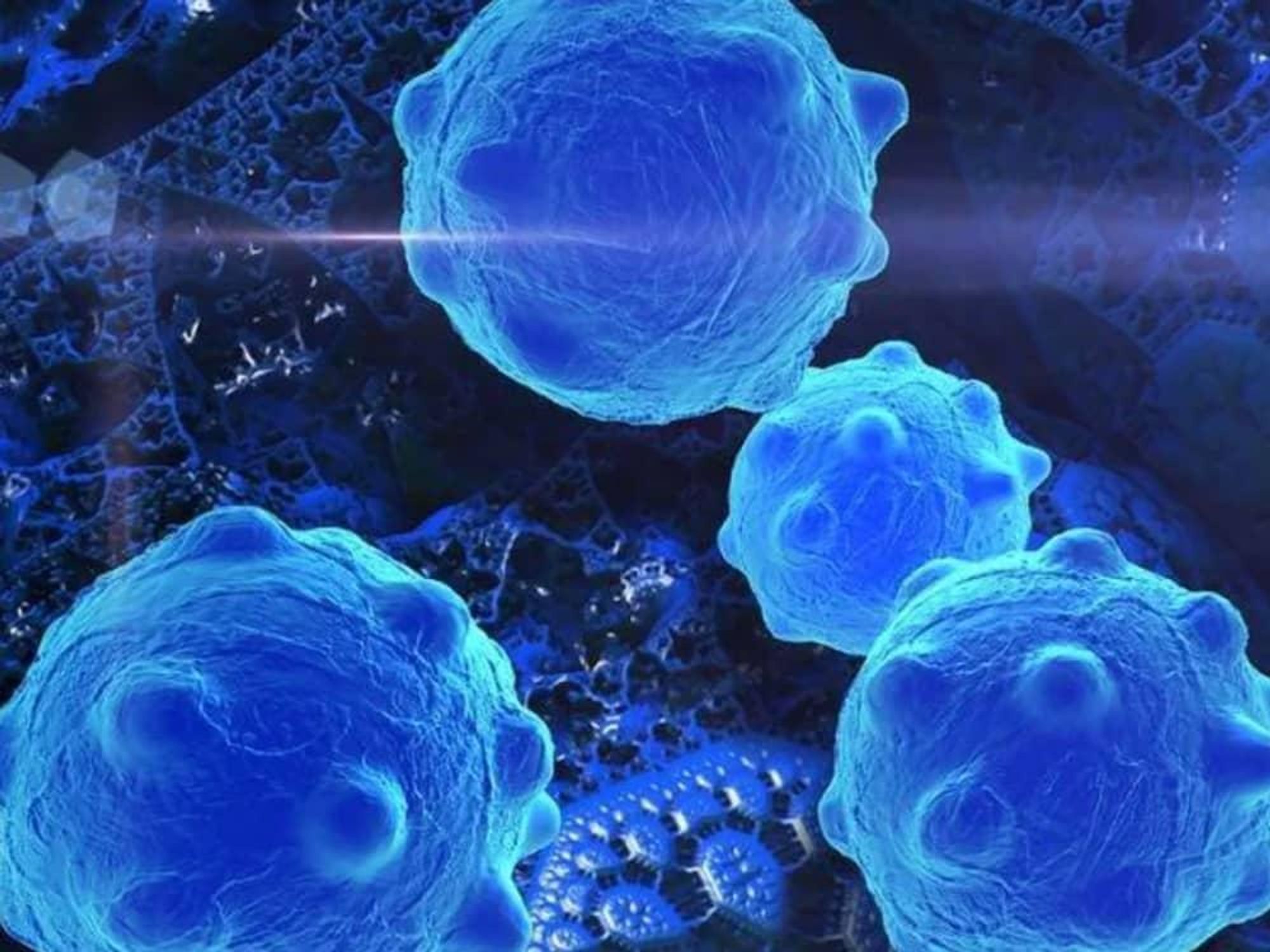Houston already is the Energy Capital of the World, and now it’s gaining ground as a tech hub.
On Site Selection magazine’s 2026 North American Tech Hub Index, Houston jumped to No. 10 from No. 16 last year. The index relies on data from Site Selection as well as data from CBRE, CompTIA and TeleGeography to rank the continent’s tech hotspots. The index incorporates factors such as internet connectivity, tech talent and facility projects for tech companies.
In 2023, the Greater Houston Partnership noted the region had “begun to receive its due as a prominent emerging tech hub, joining the likes of San Francisco and Austin as a major player in the sector, and as a center of activity for the next generation of innovators and entrepreneurs.”
The Houston-area tech sector employs more than 230,000 people, according to the partnership, and generates an economic impact of $21.2 billion.
Elsewhere in Texas, two other metros fared well on the Site Selection index:
- Dallas-Fort Worth nabbed the No. 1 spot, up from No. 2 last year.
- Austin rose from No. 8 last year to No. 7 this year.
San Antonio slid from No. 18 in 2025 to No. 22 in 2026, however.
Two economic development officials in DFW chimed in about the region’s No. 1 ranking on the index:
- “This ranking affirms what we’ve long seen on the ground — Dallas-Fort Worth is a top-tier technology and innovation center,” said Duane Dankesreiter, senior vice president of research and innovation at the Dallas Regional Chamber. “Our region’s scale, talent base, and diverse strengths … continue to set DFW apart as a national leader.”
- “Being recognized as the top North American tech hub underscores the strength of the entire Dallas-Fort Worth region as a center of innovation and next-generation technology,” said Robert Allen, president and CEO of the Fort Worth Economic Development Partnership.
While not directly addressing Austin’s Site Selection ranking, Thom Singer, CEO of the Austin Technology Council, recently pondered whether Silicon Hills will grow “into the kind of community that other cities study for the right reasons.”
“Austin tech is not a club. It is not a scene. It is not a hashtag, a happy hour, or any one place or person,” Singer wrote on the council’s blog. “Austin tech is an economic engine and a global brand, built by thousands of people who decided to take a risk, build something, hire others, and be part of a community that is still young enough to reinvent itself.”
South of Austin, Port San Antonio is driving much of that region’s tech activity. Occupied by more than 80 employers, the 1,900-acre tech and innovation campus was home to 18,400 workers in 2024 and created a local economic impact of $7.9 billion, according to a study by Zenith Economics.
“Port San Antonio is a prime example of how innovation and infrastructure come together to strengthen [Texas’] economy, support thousands of good jobs, and keep Texas competitive on the global stage,” said Kelly Hancock, the acting state comptroller.
----
This story originally was published on our sister site, InnovationMap.

